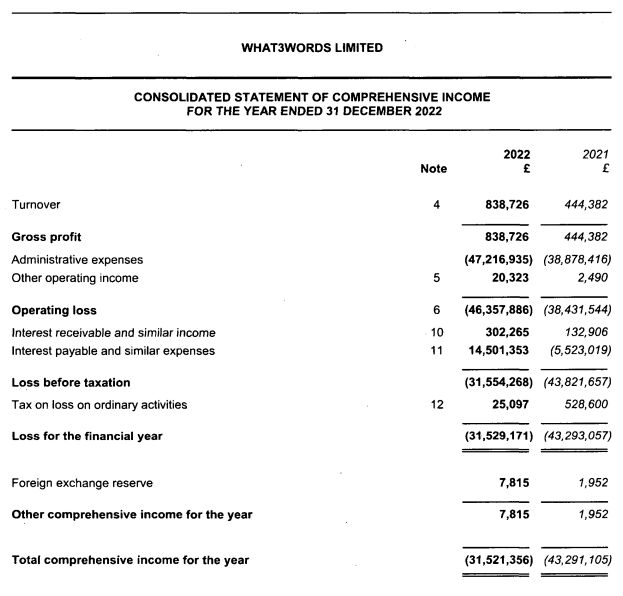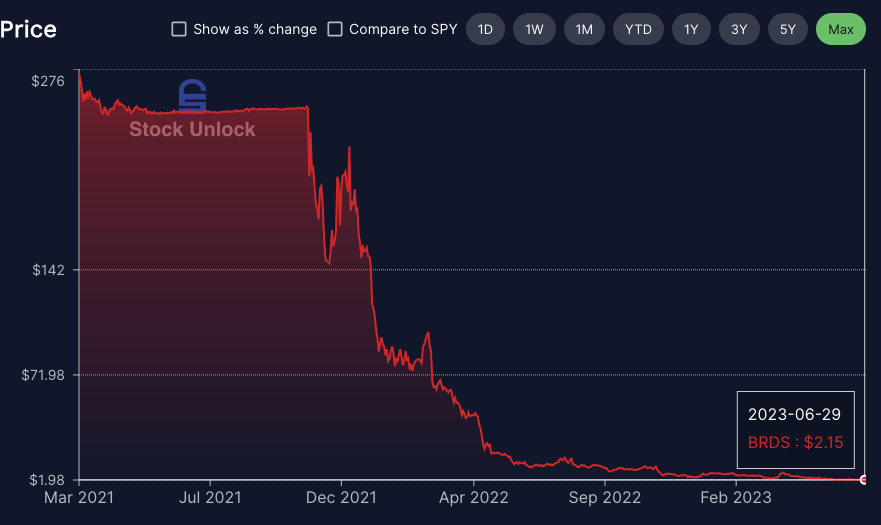Apple Inc. is one of the largest and most successful technology companies in the world. The company is known for its innovative products, including the iPhone, iPad, and Mac, which have revolutionized the way we communicate and work. However, one of the most interesting aspects of Apple’s success is its cash reserves.
As of the end of the second quarter of 2021, Apple had a staggering $193.8 billion in cash reserves. This is a mind-boggling amount of money, and it’s hard to imagine just how much it really is. To put this in perspective, this is enough money to buy roughly 3,876,000 Tesla Model S Plaid cars, or to pay the yearly tuition fees of over 2.6 million Harvard students.
So, why does Apple have so much cash? Well, there are a number of reasons. First, Apple is an incredibly profitable company. In the second quarter of 2021 alone, the company generated $89.6 billion in revenue, with a net income of $23.6 billion. This level of profitability allows Apple to generate significant amounts of cash each quarter.
Second, Apple has a history of being very conservative with its spending. The company is known for being very disciplined when it comes to investing and spending money. This means that Apple has historically been able to generate significant amounts of free cash flow, which it can then use to build up its cash reserves.
Finally, Apple has also historically used its cash to invest in research and development, as well as to acquire other companies. This strategy has allowed Apple to stay at the cutting edge of technology and to continue to produce innovative products that consumers love.
In conclusion, Apple’s cash reserves are truly staggering, and they are a testament to the company’s incredible success and profitability. While some may argue that Apple should do more with its cash, there is no doubt that the company’s conservative approach to spending has helped it to build up a truly impressive war chest.

